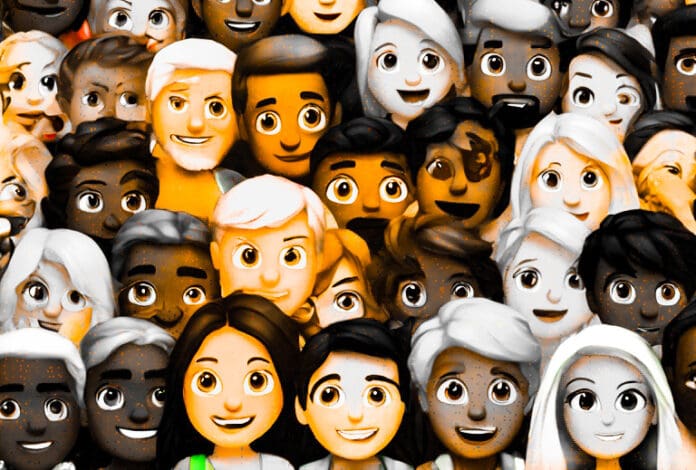In today’s world, where opinions seem to clash louder than ever, it is easy to let our differences take center stage. This is especially true in our relationships, whether it’s a close friendship or a family bond.
The truth is, no matter how much we care about someone, we will always have disagreements. While those differences can make relationships interesting, it’s the similarities we share that often anchor us, pulling us back together when disagreements threaten to pull us apart.
Focusing on what unites us rather than divides us is not about ignoring differences or pretending we agree when we don’t. It’s about prioritizing the parts of our connections that nurture respect, understanding, and love. In our closest relationships, where emotions run deep and the stakes feel high, this focus on common ground can make all the difference.
This morning’s message delivered by Pastor Jake Steele was similar to this. Funny thing, I had started the column, but something just was not right with how it was coming together. One of his comments left me thinking about it all day, and when considering it, the words flowed. Pastor Steele said, “disagreement is a given; division is a decision”.
Deep!
When we first form relationships, it’s usually because we are drawn to shared values or experiences. We find comfort in the ways we are alike and joy in discovering mutual interests. As time goes on, we start to see each other’s quirks and differences, and those initial similarities may fade into the background.
In times of tension or disagreement, it helps to bring those shared traits and experiences back to the surface. What was it that initially connected you? Perhaps you share similar life goals or a shared sense of humor. Reflecting on these shared qualities does not erase the differences that might have cropped up, but it reminds us why this person is important in the first place.
In any close relationship, trust is essential.
Trust is built on respect and understanding, two qualities that flourish when we focus on common ground. When we focus only on differences, we may start to see the other person differently. This can create a subtle barrier, even with people we hold close. By concentrating on our similarities, we reinforce the idea that we’re on the same team.
Sometimes, the big differences seem impossible to bridge, but even then, there are usually small similarities that can offer comfort. Maybe you and your loved one disagree on politics or other significant topics, but you both enjoy cooking, hiking, or the same television shows. Focusing on these smaller areas of commonality can be an excellent reminder that, in many ways, you are already on the same wavelength. These shared interests create moments of ease and relaxation in a relationship, offering a reprieve from the strain that differences can sometimes bring. In those moments, it is easier to remember the reasons that originally brought you together.
Empathy is much easier to practice when we remember our loved ones are not so different from ourselves. Recognizing shared qualities or struggles can foster empathy even in the most challenging moments.
For example, if a close friend is going through a tough time, focusing on how you both value resilience can help you support them better, rather than dwelling on a difference in how you would handle the situation. When we actively seek the similarities we share with those we love, we build the foundation for deeper empathy.
This empathy allows us to view the situation with compassion, bridging divides with care rather than criticism.
Ultimately, our relationships thrive not because we are the same, but because we are willing to work through our differences, together. It is much easier to do this when we keep at top-of-mind the values and memories we share. Relationships do not last because we agree on every topic. They last because we prioritize the things that matter most.
So next time you are in a disagreement with someone close, take a minute to pause and reflect on what brought you together.
Remind yourself of shared moments, values, and dreams. Focusing on similarities does not mean ignoring differences. It is the action of letting love guide us back to the reasons we are committed to each other in the first place. In the end, love is not about sameness. It is about accepting and cherishing the whole person.
When we look for common ground, we allow our closest relationships to grow deeper, even with the inevitable disagreements.
Erikka Storch is a former 13-year member of the West Virgnia House of Delegates who is now the director of External Affairs for Appalachian Power. Storch also has served as the executive director of Project Best, president of the Wheeling Area Chamber of Commerce, and was CFO for Ohio Valley Steel for more than a decade.


